OERs are openly-licensed, freely available educational resources that can be modified and reused by users.
Some free resources may not be OERs. A learning resource is considered as non-OER if it is:
|
Non-OER Examples |
|||
|---|---|---|---|
|
Material Type |
Openly Licensed |
Freely Available |
Modifiable |
|
Open Access Articles |
Yes |
Yes |
No |
|
Library Collections (subscribed content) |
No |
Yes |
No |
|
Free Web Resources (under copyright) |
No |
Yes |
No |
Source: https://instr.iastate.libguides.com

Guide Authors: Library: Elaine M. Lasda, Associate Librarian and Keerthi Padamata, Radkowski-Lee Graduate Assistant 2019-2020
"Open educational resources (OER) are any resources available at little or no cost that can be used for teaching, learning, or research. The term can include textbooks, course readings, and other learning content; simulations, games, and other learning applications; syllabi, quizzes, and assessment tools; and virtually any other material that can be used for educational purposes. OER typically refers to electronic resources, including those in multimedia formats, and such materials are generally released under a Creative Commons or similar license that supports open or nearly open use of the content. OER can originate from colleges and universities, libraries, archival organizations, government agencies, commercial organizations such as publishers, or faculty or other individuals who develop educational resources they are willing to share."
For more information: 7 Things You Should Know About Open Educational Resources
See also: resources from SUNY OER Services
"OER, The 5Rs of Open, and Creative Commons Licenses" by Martha Greatrix is licensed under CC BY 3.0

